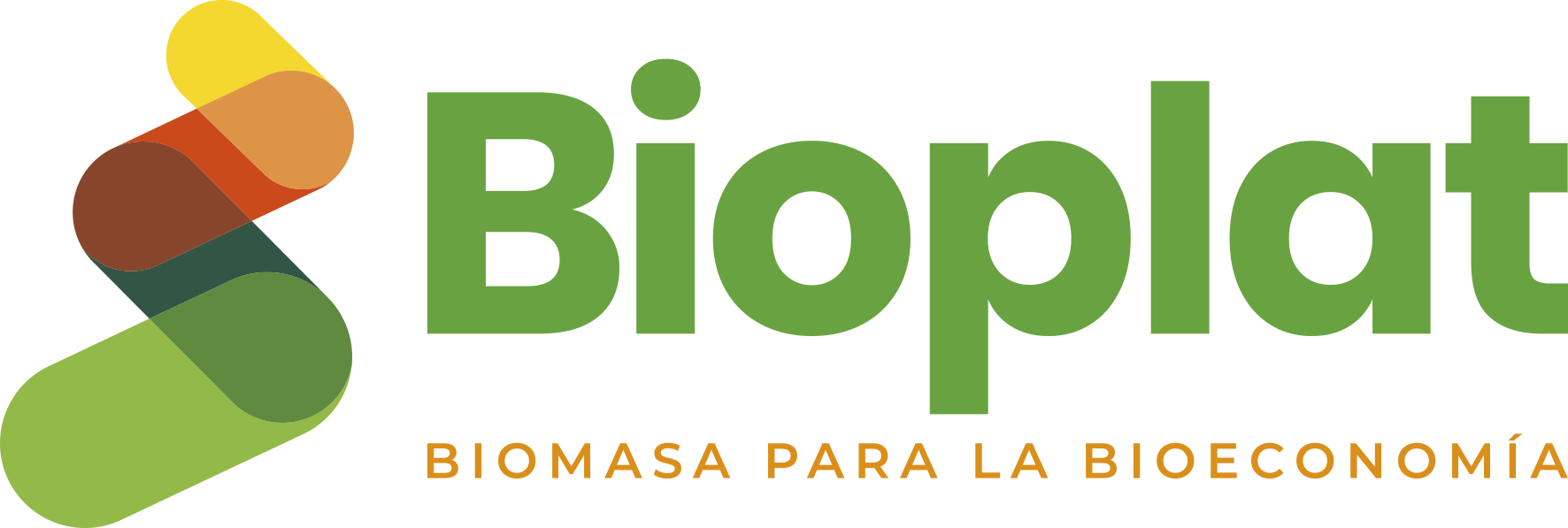26 Mar 2019
THE WAY FORWARD: HOW TO HELP DECARBONISE THE ENERGY SECTOR BY MEANS OF BIOENERGY
Biopower, bioheat and biofuels are able to provide significant benefits to reducing greenhouse gas emissions, increasing energy security and creating new opportunities for sustainable economic growth. Researchers from 36 organisations in 18 countries, organised in the EERA Joint Programme on Bioenergy, are publishing today a “Strategic Research and Innovation Agenda”. The agenda defines priorities and perspectives until 2030 and beyond to align national research, development and innovation efforts across borders and thereby unleash the full power of bio-based solutions in the energy transition.
The Joint Programme on Bioenergy within the European Energy Research Alliance (EERA) brings together excellent scientists from the main European universities, research alliances, technology centres, scientific agencies, institutes and associations active in biomass and bioenergy research. Andrea Monti of the University of Bologna, Coordinator of the Joint Programme, stated: “We have aligned the priorities and key performance indicators in our common Strategic Research and Innovation Agenda (SRIA) with those identified in the SET-Plan. Moreover, research recommendations from the SRIA of the European Technology and Innovation Platform Bioenergy, as well as input obtained from international stakeholders and common research priorities agreed upon in other EERA Joint Programmes, have been integrated. The agenda thus provides extensive and well-founded guidance to policymakers and administrators at all levels who are deciding on and designing framework programmes for research and innovation.”
A common set of R&I priorities for the coming years
The “Strategic Research and Innovation Agenda” represents the consensus of the involved researchers on how to address the challenges of decarbonisation policies from a research and innovation perspective by means of bio-based solutions. The overall objective is to accelerate the implementation of SET-Plan priorities and actions in order to contribute to decarbonising the energy sector, an issue where bioenergy is an essential component of a future low-carbon technologies basket in all climate change mitigation scenarios.
The Strategic Research and Innovation Agenda helps to:
• Align research priorities and activities of the many organisations participating in the Joint Programme, and thereby of the main European actors in the field to create a technical-scientific basis for further development of advanced bioenergy routes;
• Align research priorities and activities with other stakeholders, while also promoting international co-operation;
• Assess research and innovation priorities to accelerate the implementation of bioenergy and circular bioeconomy in Europe;
• Promote the possibilities for joint technology development, in order to help accelerate the implementation of the SET-Plan objectives;
• Create an entry point for other researchers and industry stakeholders for them to connect with the researchers in the Joint Programme. This will allow for further aligning priorities and establishing a mutually benefitting collaboration.
